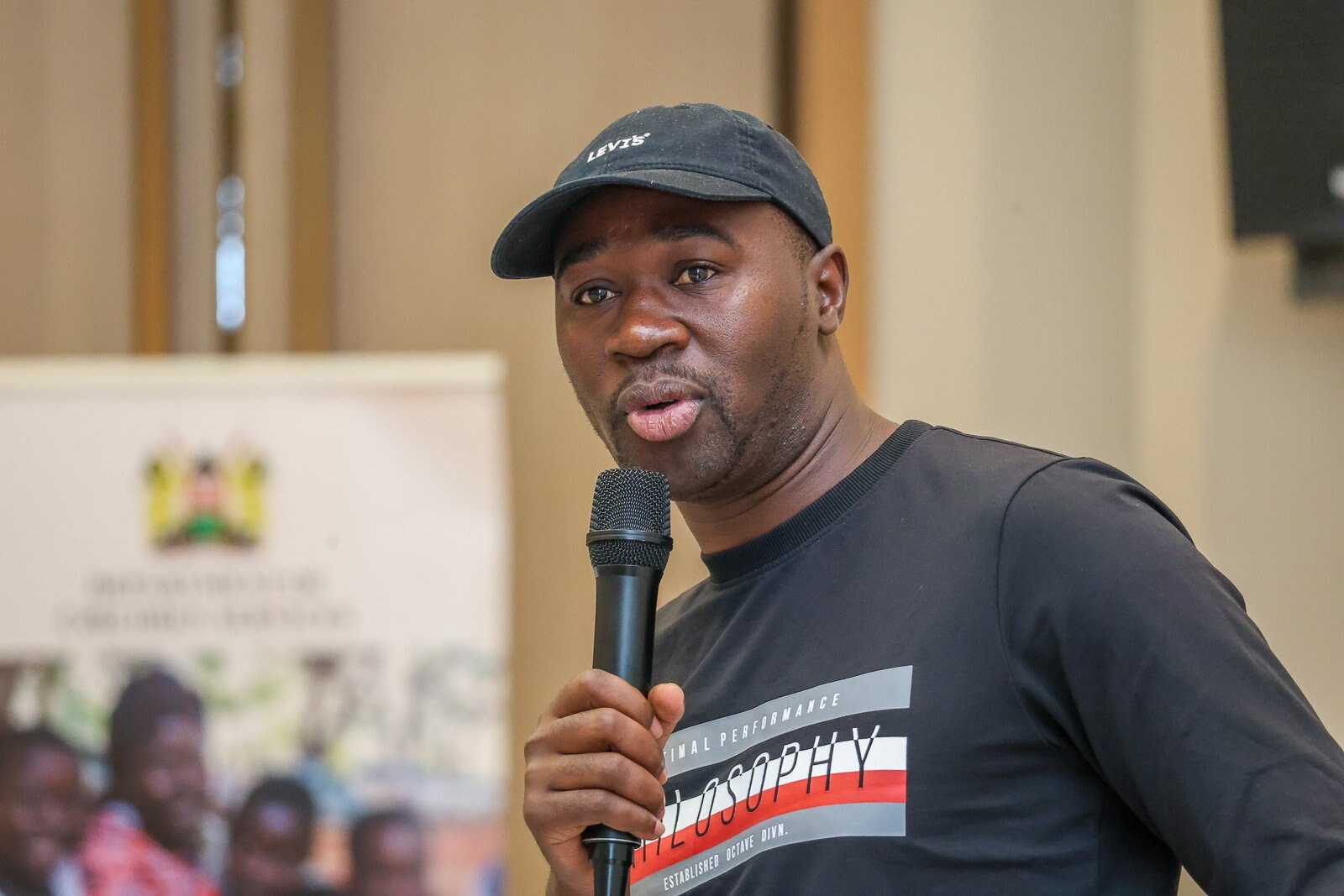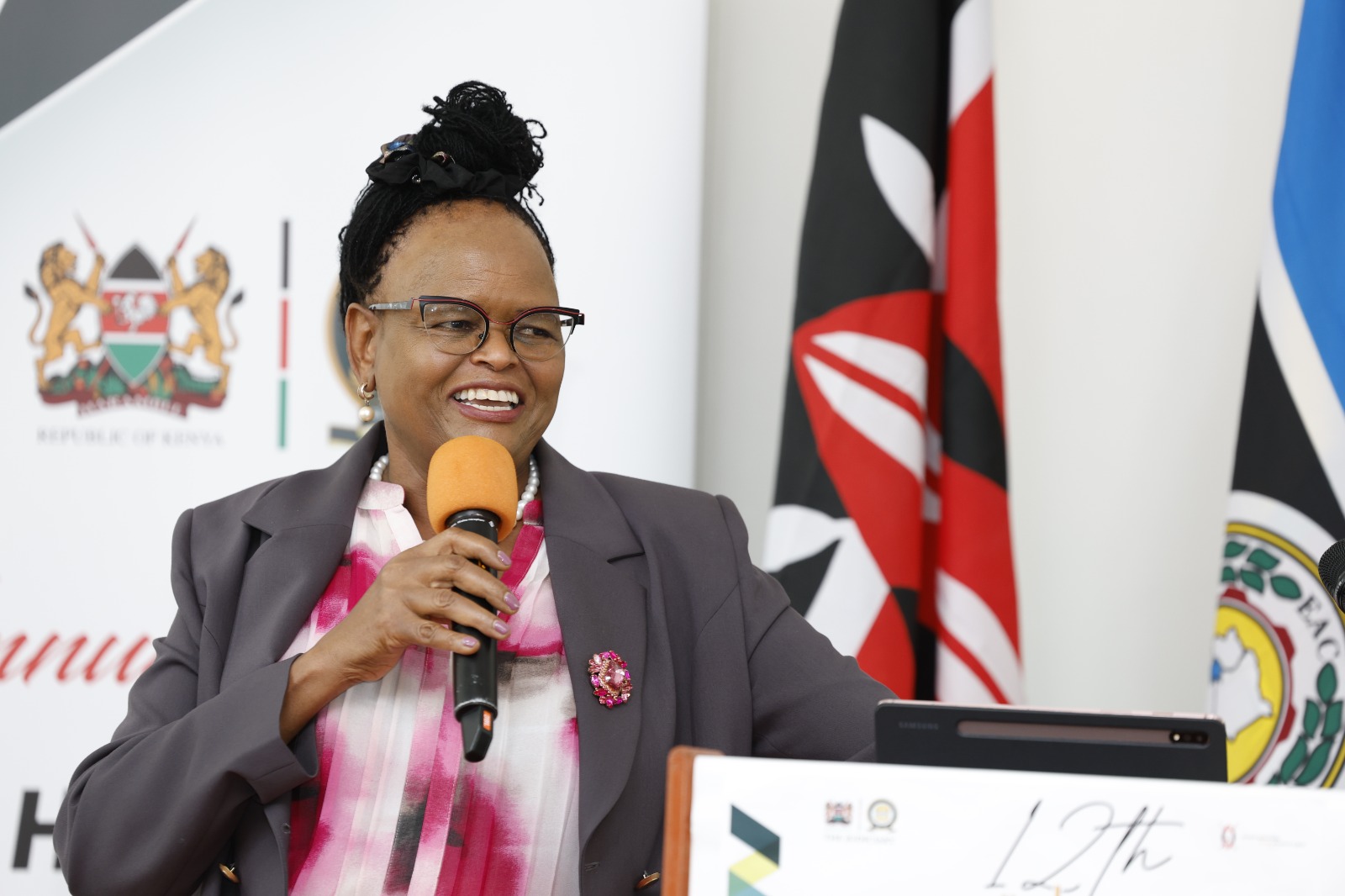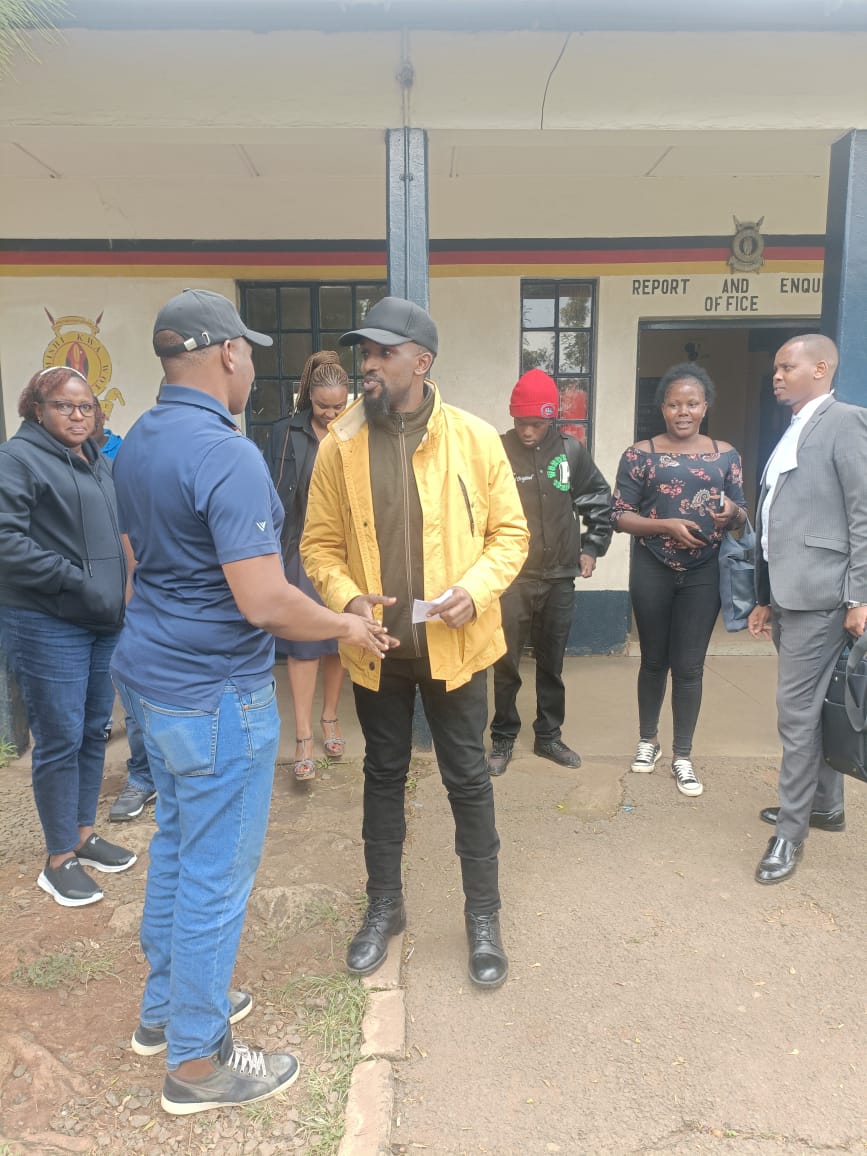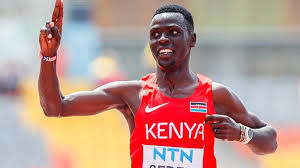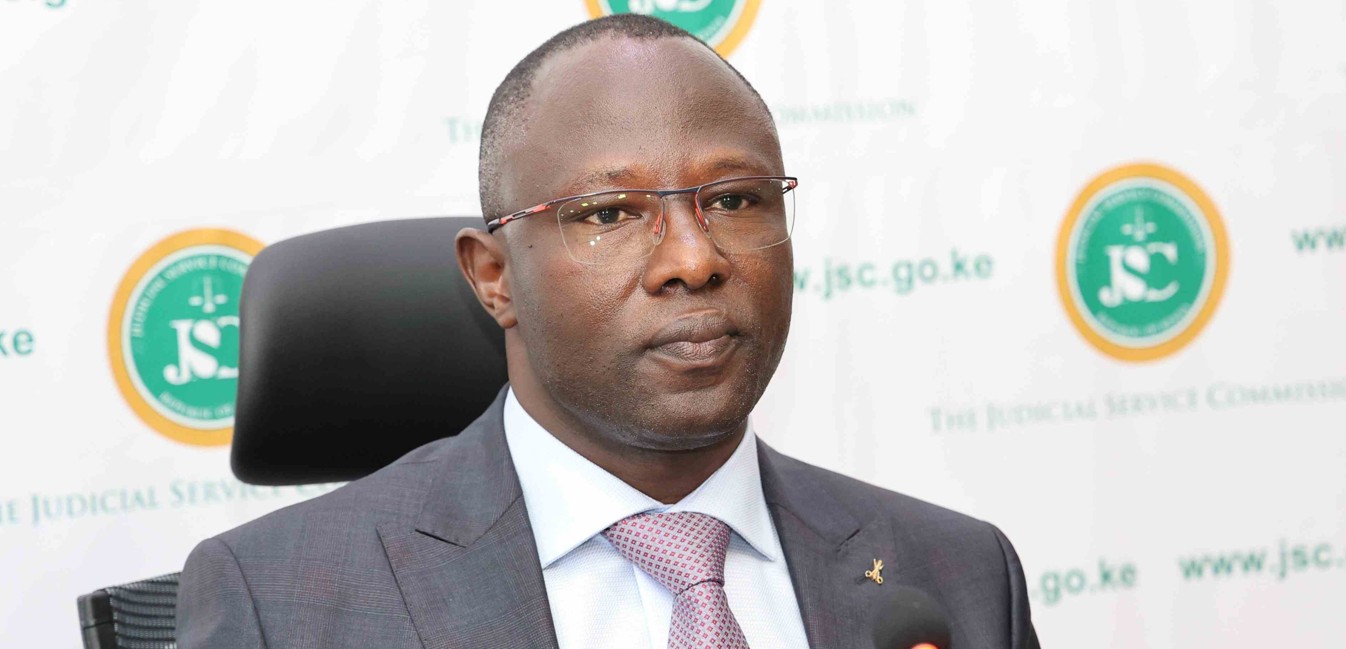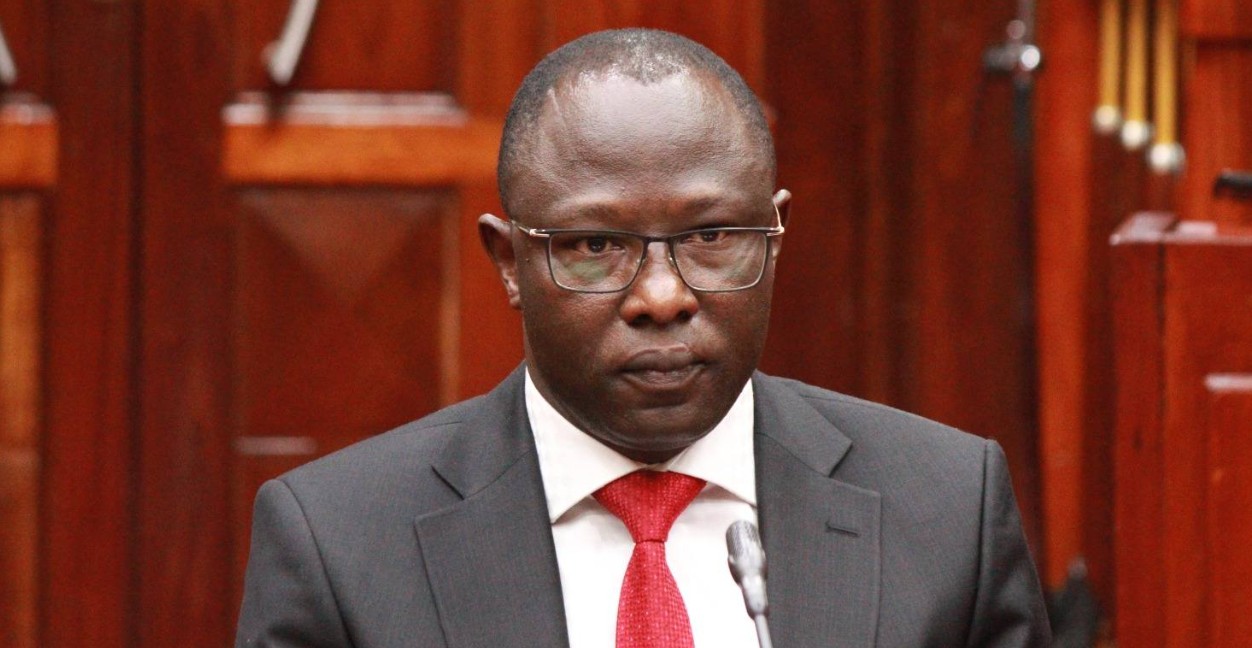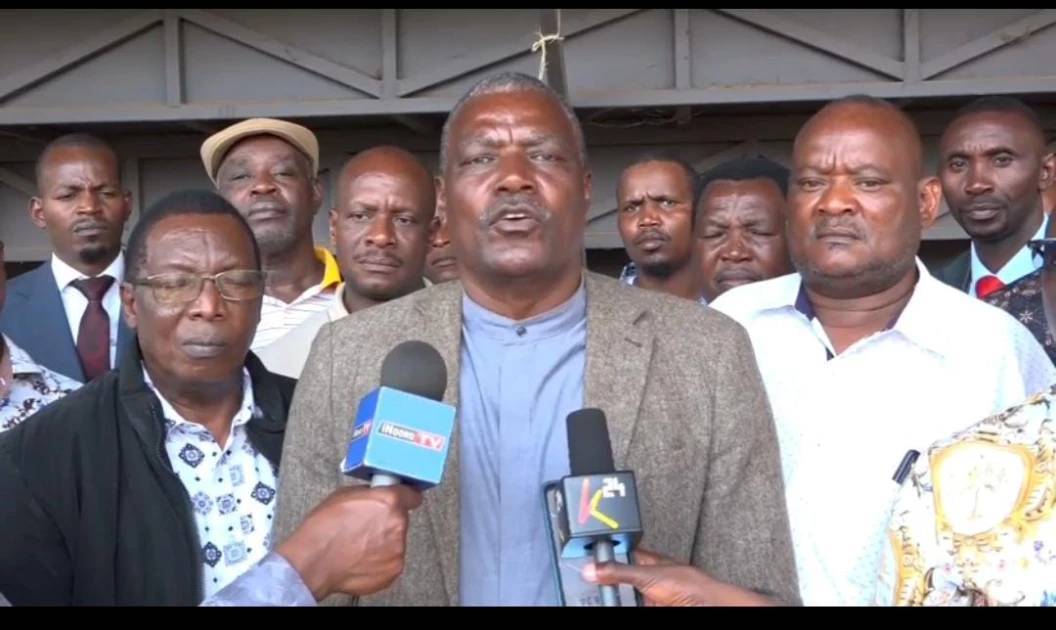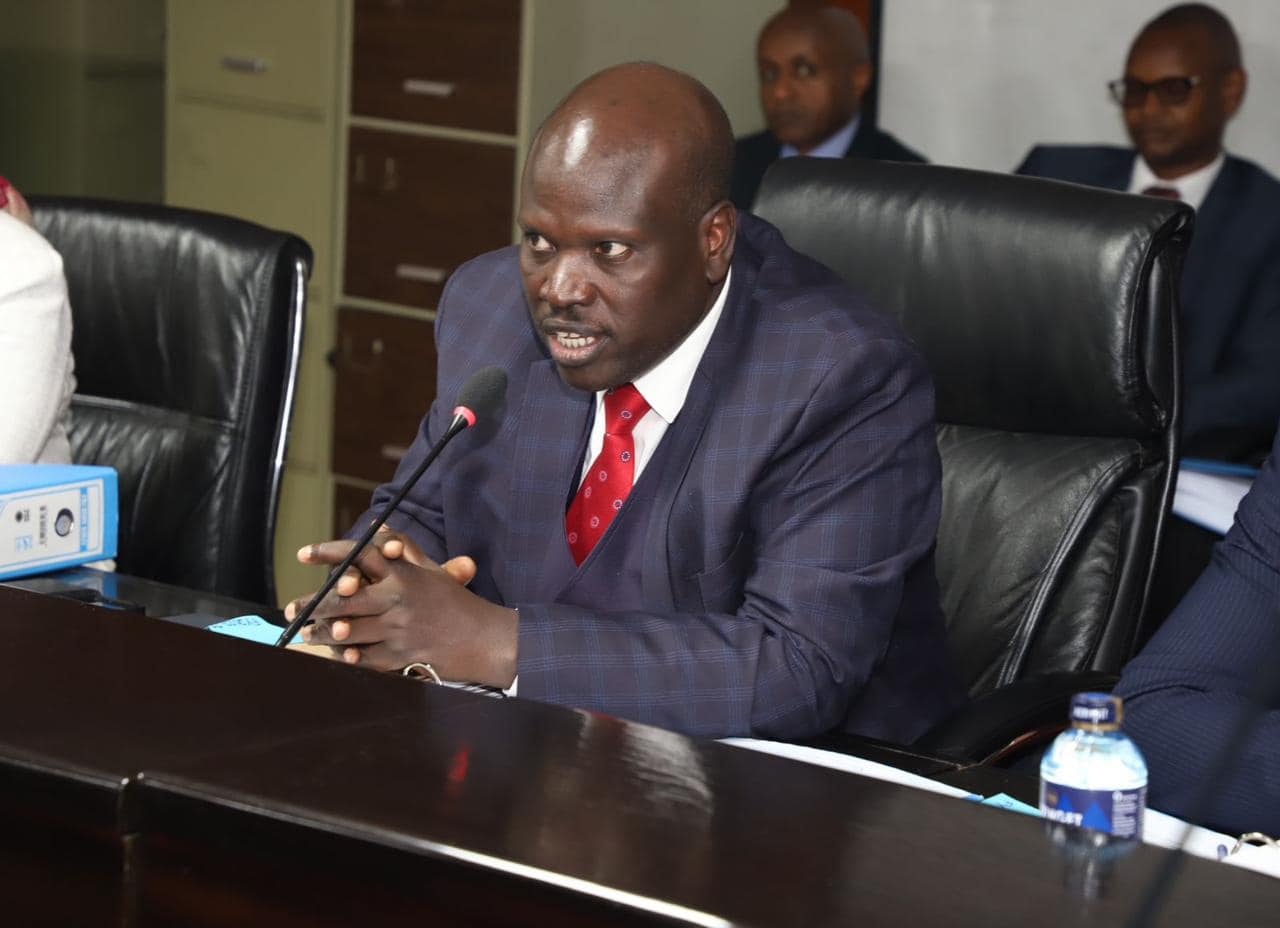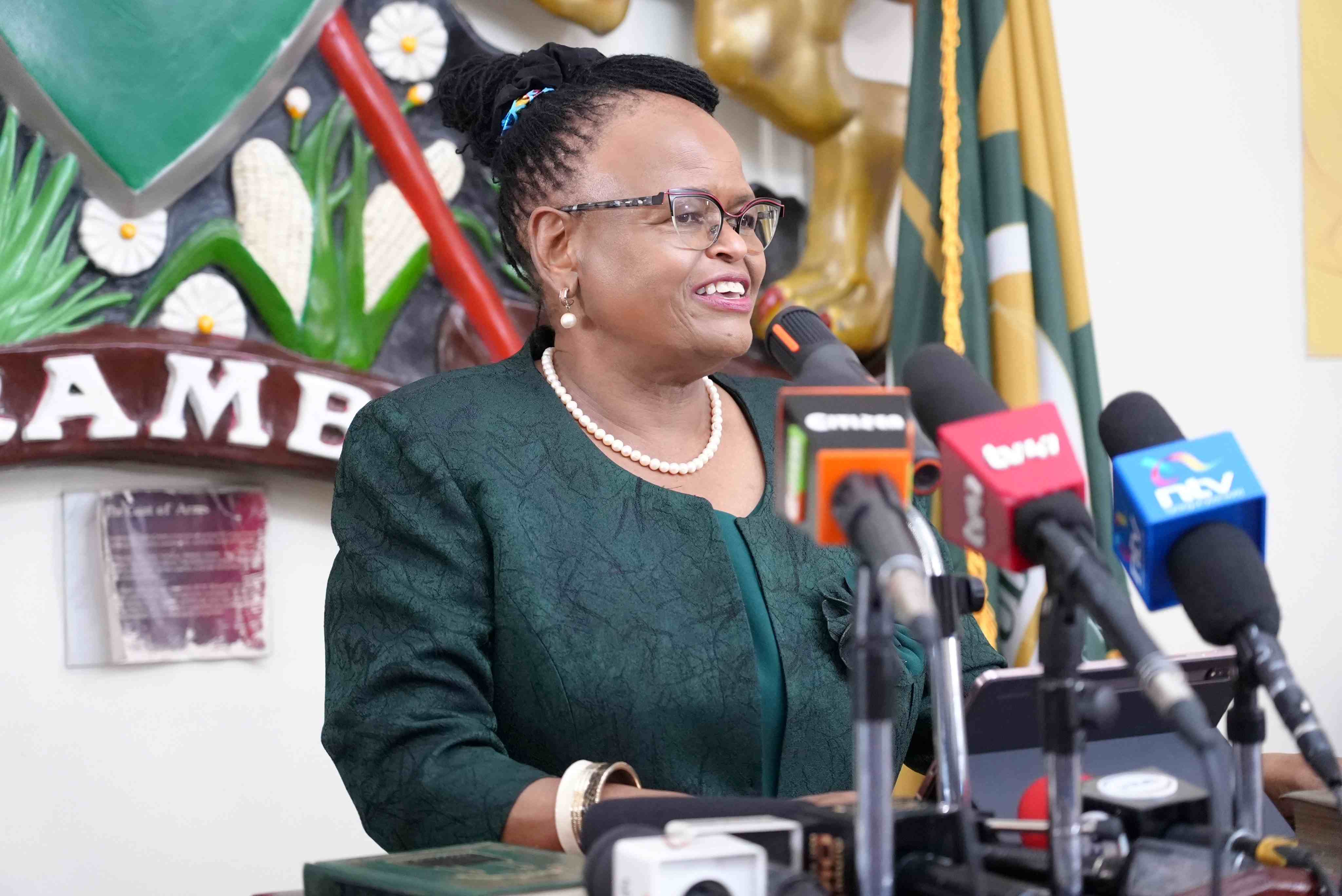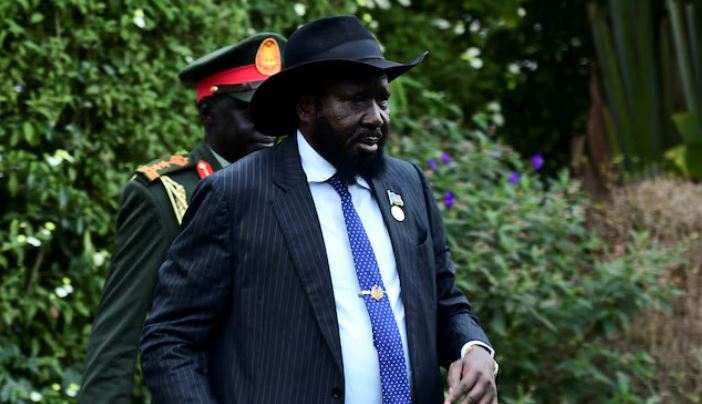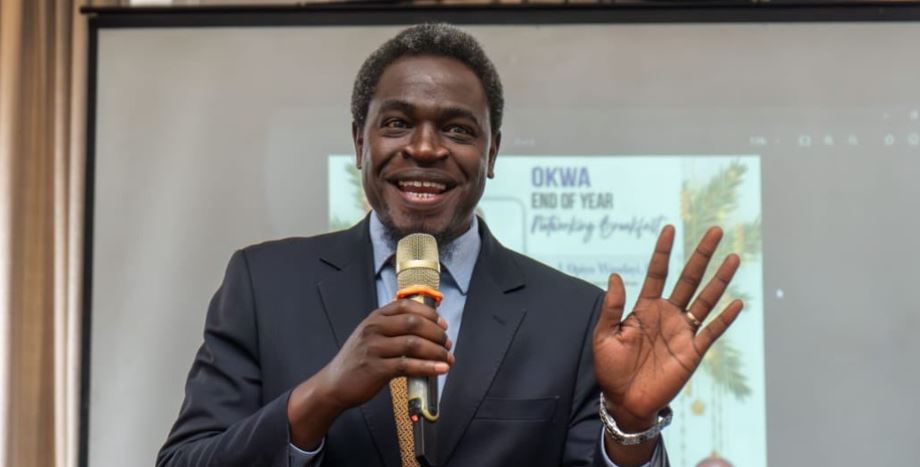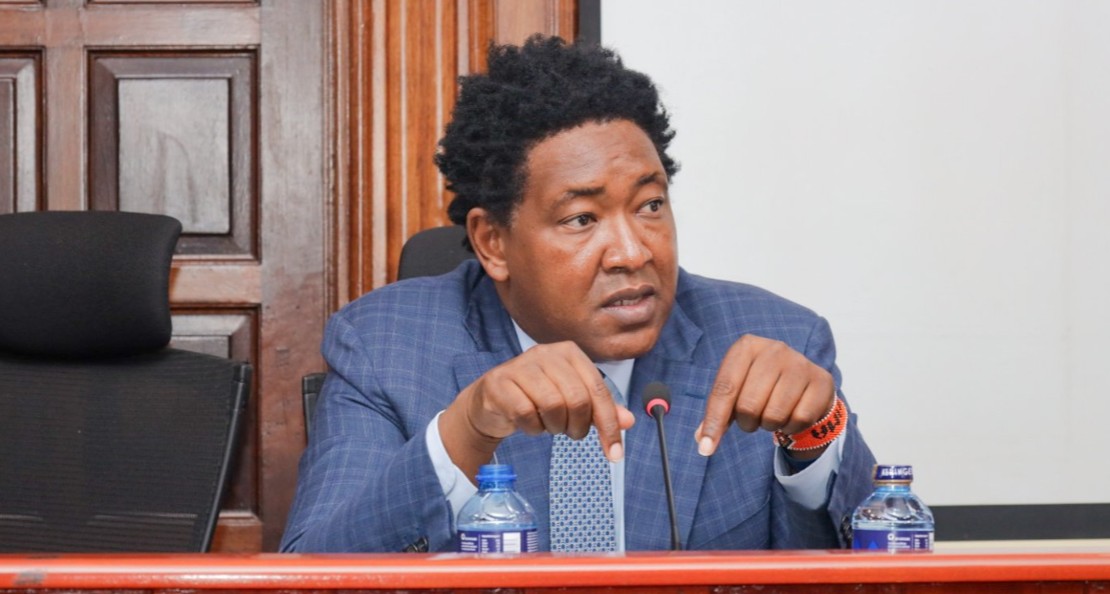Budget shortfall threatens Ruto’s Sh29.7 billion youth empowerment programme
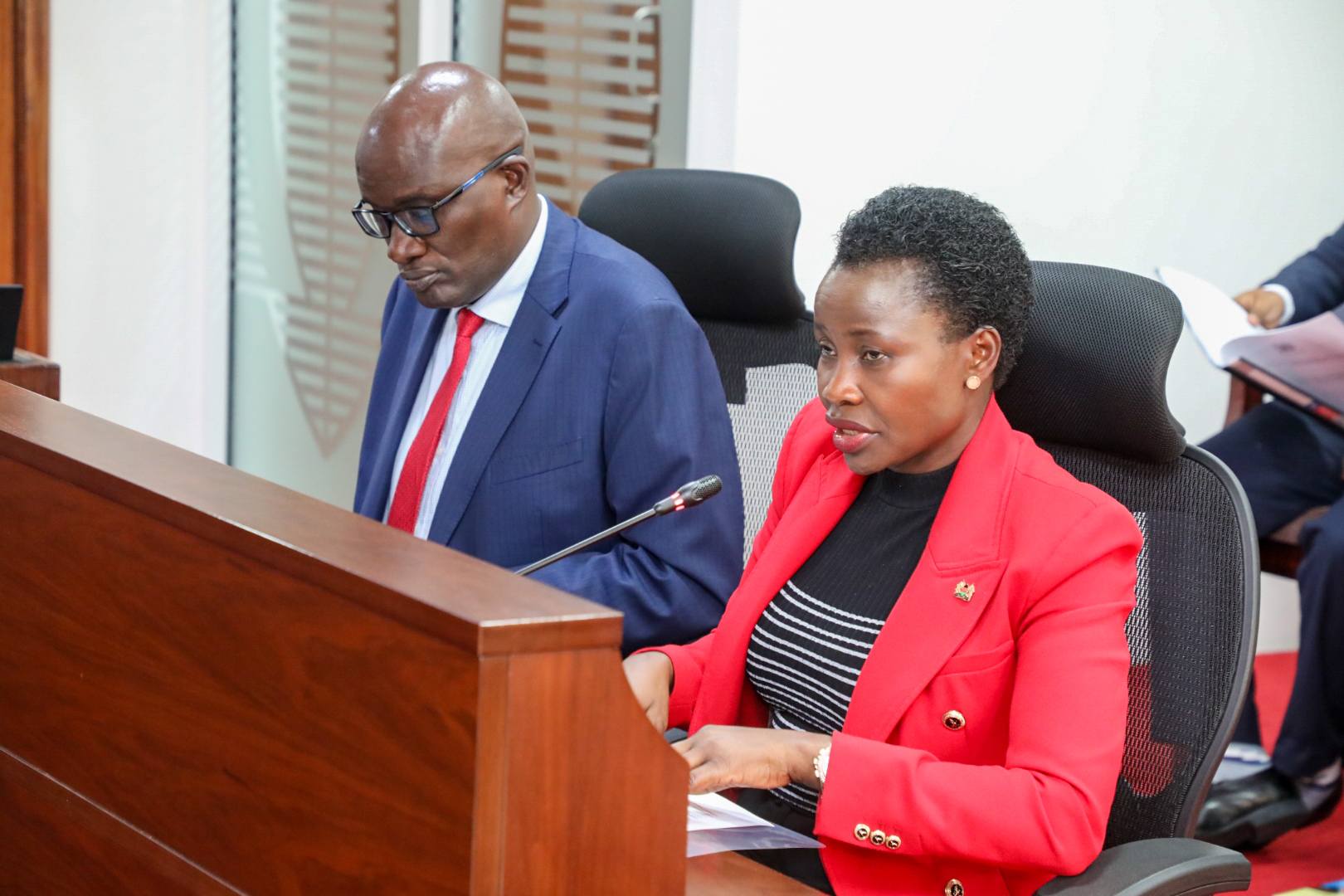
Principal Secretary for Cooperatives and MSME Development Susan Mang'eni told MPs that if the shortfall is not addressed urgently, Kenya could lose the World Bank funding just as it did in the previous Kenya Youth Employment and Opportunities Project (KYEOP).
President William Ruto’s Sh29.7 billion youth empowerment programme is facing an uncertain future after the government failed to release its full contribution, putting the entire project at risk of stalling.
The National Youth Opportunities Towards Advancement (Nyota) project, launched in partnership with the World Bank, requires the government to contribute Sh8.82 billion. However, only Sh1.2 billion has been provided so far, leaving a funding gap of Sh7.62 billion.
More To Read
- Report reveals State House blew Sh1 billion on local travel in nine months
- President Ruto re-gazettes IEBC Chair Ethekon, six commissioners after court cites legal breach
- NDMA: 23 arid counties face water shortage, risk of drought-induced conflicts grows
- President Ruto becomes co-owner of Nairobi United, pledges Sh10 million
- Rights groups slam Ruto for ordering police to shoot protesters in the legs amid deadly crackdown
- Mang’eni urges Kenyan MSMEs to embrace technology, formalise for global growth
Principal Secretary for Cooperatives and MSME Development, Susan Mang'eni, who appeared before Parliament on Thursday, told MPs that if the shortfall is not addressed urgently, Kenya could lose the World Bank funding just as it did in the previous Kenya Youth Employment and Opportunities Project (KYEOP).
“If we do not get the funding, then we will suffer the way KYEOP suffered as the World Bank took the money. However, unlike this one, KYEOP was not in the whole country, but all the money had to be refunded,” Mang'eni told the National Assembly’s Trade, Industry and Cooperatives Committee.
She urged the leaders to help push for the release of the remaining Sh7.6 billion to ensure the project is fully implemented and benefits the targeted youth aged 18 to 29 years, and up to 35 years for those living with disabilities.
Nyota is a five-year programme (2024–2029) supported by a $200 million (Sh25.9 billion) credit from the World Bank, a €20 million (Sh3 billion) IDA Grant, and a €9 million (Sh1.2 billion) Global Financing Facility (GFF) Grant. The initiative is being implemented countrywide in all 1,450 wards and 290 constituencies.
It aims to create employment, boost earnings, and promote savings among vulnerable youth. Mang’eni explained that delays in rolling out the project were caused by the lengthy selection process, which received over one million applications.
According to the ministry’s plan, the project will support 90,000 young people through apprenticeships and self-employment, enroll 190,000 in the National Social Security Fund’s Habahaba savings programme, support 600,000 youth through Access to Government Procurement Opportunities (AGPO), and certify 400 others through recognition of prior learning.
The project is divided into four components. The first, valued at Sh10.63 billion, focuses on labour supply barriers. The second, worth Sh11.3 billion, targets business development. The third component, worth Sh2.6 billion, is under NSSF, while the fourth, with Sh5.2 billion, supports the systems that drive youth employment.
Despite Mang’eni’s assurances that the programme is progressing, MPs raised concerns over the rushed rollout, lack of consultation, and potential failure if the funding shortfall is not addressed.
Committee Chair and Ikolomani MP Bernard Shinali questioned whether the World Bank funds are currently available and criticised the short window for youth applications.
“Is this money from the World Bank with us? This project is a nationwide programme and many youths have applied, yet the window provided was very short,” said Shinali.
“PS, please tell this committee, with the shortfall that is there, when do you expect to get this money? If you don't get the Sh7.6 billion, is this project going to stall?”
Aldai MP Marianne Kitany and Gichugu MP Robert Gichimu also questioned why the project was launched yet its implementation had not begun two months later.
Top Stories Today
